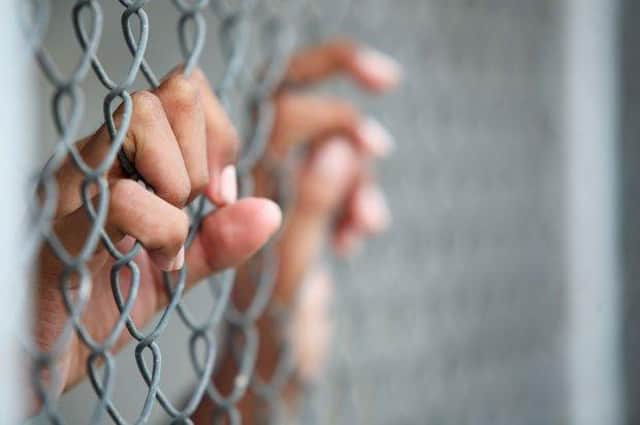A fifth of Sheffield young offenders will reoffend within a year


The Government is being urged to avoid criminalising youngsters by diverting them from the justice system where possible, amid calls for the age a child can be arrested and charged to be raised.
Ministry of Justice data reveals that 297 offenders aged under 18 in Sheffield either left custody, received a non-custodial conviction or were cautioned in 2017-18.
Advertisement
Hide AdAdvertisement
Hide AdOf those, 22 per cent went on to commit another offence within 12 months, down from the 30 per cent rate recorded for the previous year's cohort. Between them, the 66 juvenile reoffenders racked up 200 new offences, an average of three each.
Nationally, 38 per cent of juvenile offenders in 2017-18 committed another crime within a year, compared with 41 per cent from 2016-17, amid a steep fall in the number of juvenile first-time entrants to the criminal justice system.
However, Dr Tim Bateman, National Association for Youth Justice chairman, said the falling numbers of juvenile offenders and reoffenders nationally is only partly down to children being less likely to break the law.
He said: "The main explanation is a shift in how minor lawbreaking is treated, an increasing proportion of minor misdemeanours result in an informal response that doesn’t get into the figures. As a consequence, the smaller number of children who do now come into the system are very different from those 10 years ago, when there was a tendency for all detected youth crime to get a formal response, however petty."
Advertisement
Hide AdAdvertisement
Hide AdThe MoJ figures show nationally, juveniles are more likely to reoffend than adults.
In Sheffield, 29 per cent of adult offenders reoffended over the same period.
Dr Bateman said: "If we want to cut the level of problematic behaviour by teens, we need to be able to keep them in education and provide them with interesting activities when not in school. We also need to reduce levels of poverty so fewer children suffer victimisation, which is associated with later violent behaviour."
An MoJ spokesman said: “The number of further crimes committed by young offenders has fallen by 80 per cent in the last decade as a result of our work to support, rather than criminalise, children falling foul of the law.”